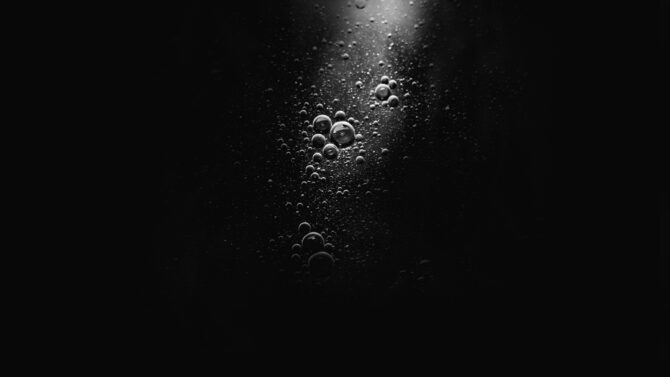Illustration: Evgenios Kalofolias
In the fast-moving world of media, where each next story tends to overtake the last, journalists rarely find the space or time to pause and look around — at the broader ecosystem they’re part of. A paradox, perhaps, considering that most of us, from time to time, have accused ourselves or others of being too self-referential, while also wondering whether anyone beyond our own circle is paying attention to what we do.
And yet, looking beyond your own beat — or even the work coming from the next desk — is anything but obvious; often, not even possible. Journalism, by its very nature designed to serve the public interest and to be present in others’ struggles, often has little capacity to turn its gaze inward.
Good journalism is essential, but not enough

Good journalism is essential but not enough, when it’s up against corrupt institutions, eroded powers, financial interests, or, hundreds of times worse, ruthless governments wielding massive military power.
Practicing journalism about journalism is, then, an opportunity — for others, but also for oneself: to question, to reflect, to learn and to pass knowledge on; to inspire and be inspired. This is what drives much of our recent editorial work at iMEdD, which seeks to highlight people, investigations, tools, and methodologies that can spark ideas and prove useful to fellow journalists.
Stories told by journalists for journalists serve both sides. As Laura Hazard Owen, editor of Nieman Lab — one of the most influential platforms covering the present and future of media — told iMEdD recently: “Journalism is really a beat that encompasses so many different things and intersects with so many different areas — politics, free speech, AI, trust in institutions. That makes it a very rich area to cover.”
If we think about it (with all our professional bias), it becomes apparent why international journalism conferences are among the most engaging — and vital — professional convenings one can attend. At this year’s iMEdD International Journalism Forum in Athens, I once again witnessed how conversations, presentations, and encounters among journalists create fertile ground — for the exchange of ideas and practices, and for renewing awareness of societies around the world.
Just a few weeks later, attending the anniversary IPI World Congress & Media Innovation Festival in Vienna, focused on press freedom worldwide, the sense of journalistic communion took on new depth. It was a reminder that, beyond borders and beats, speaking about journalism with journalists feels like an act of solidarity and empowerment — something we all need, even if “resilience” carries a different weight for each of us.
Because it’s one thing to have your life threatened, another to see press freedom at risk, and yet another to struggle for your work’s sustainability. Still, the challenges — and the answers — of others concern us all.

